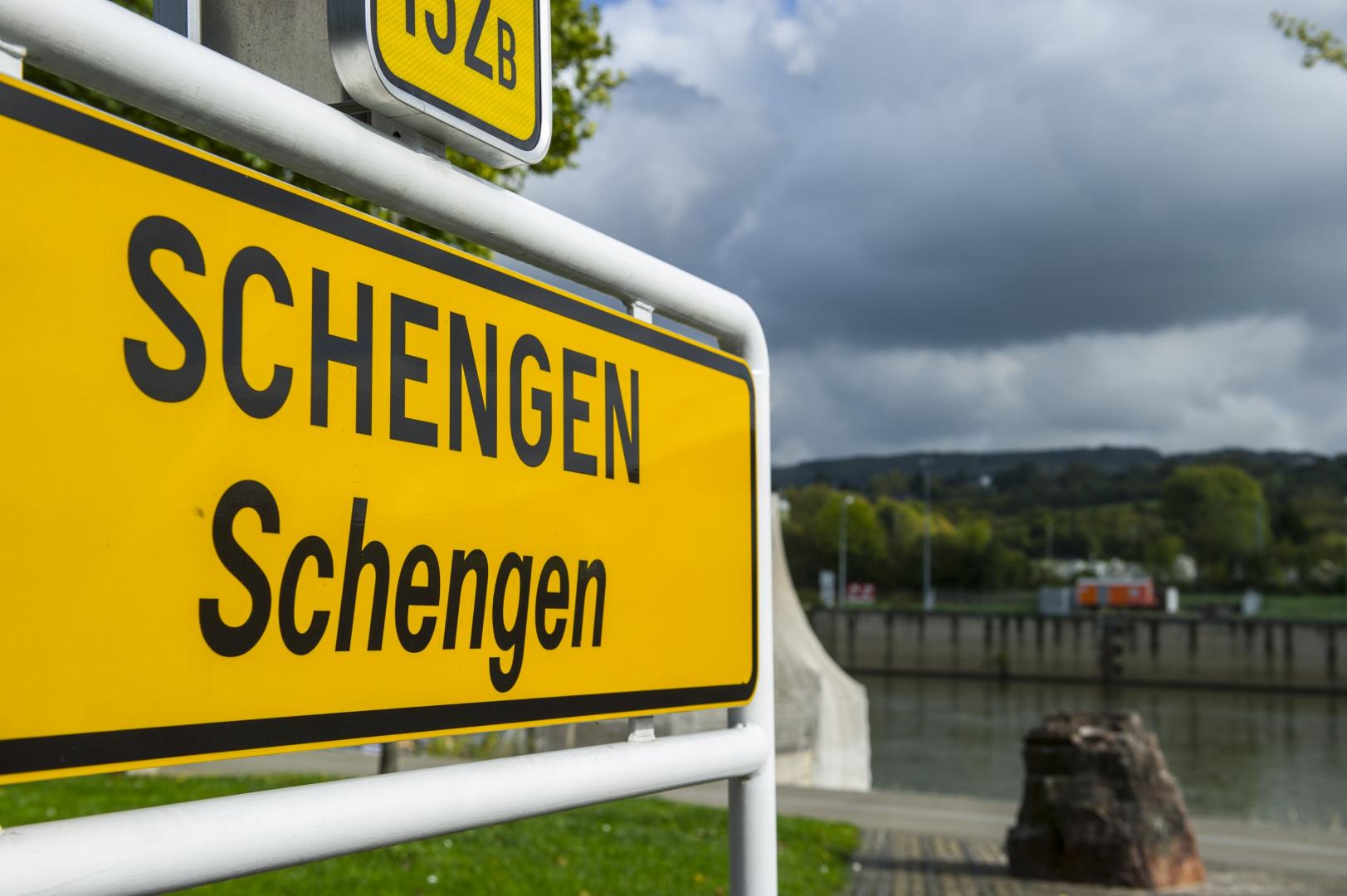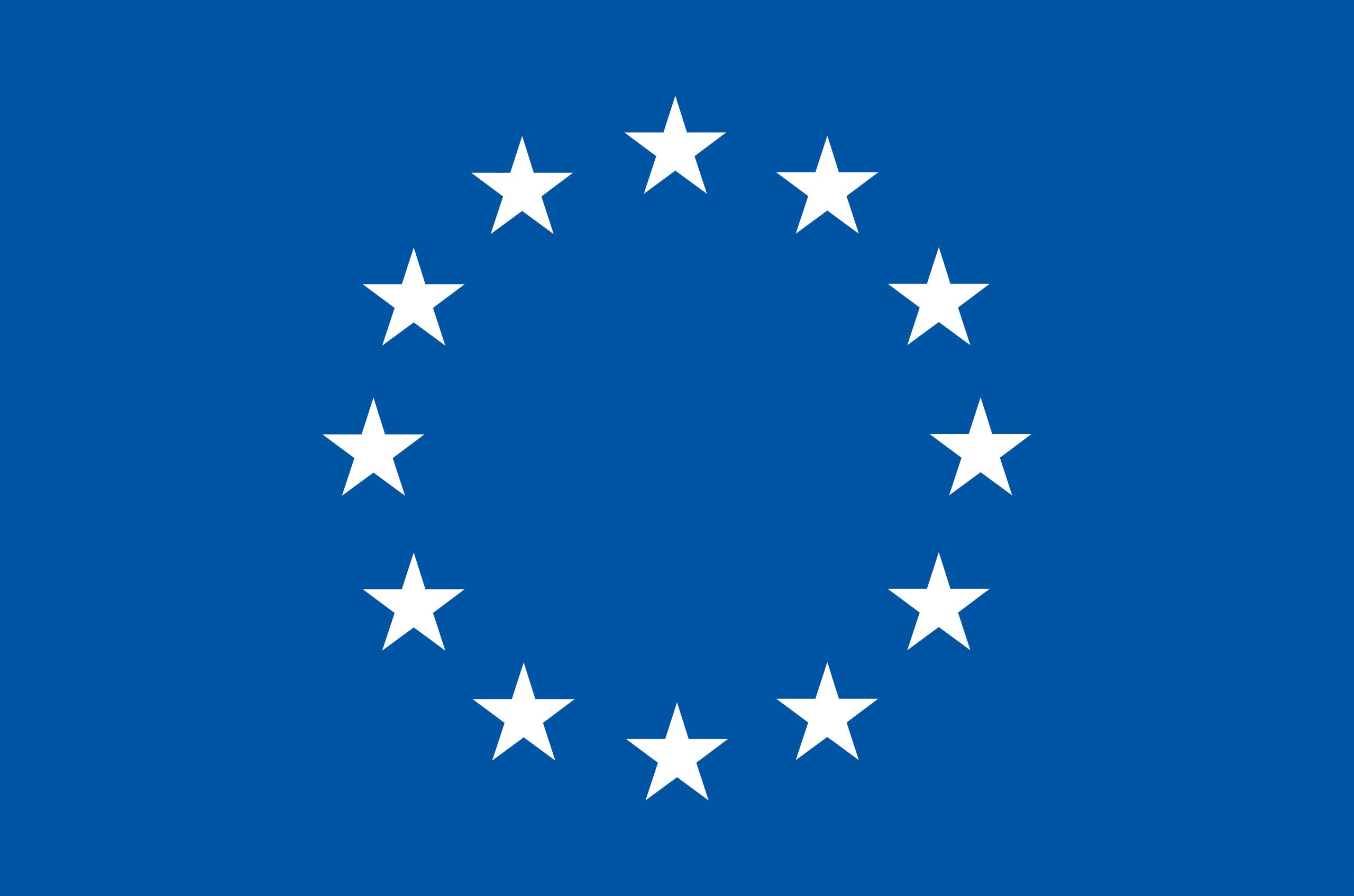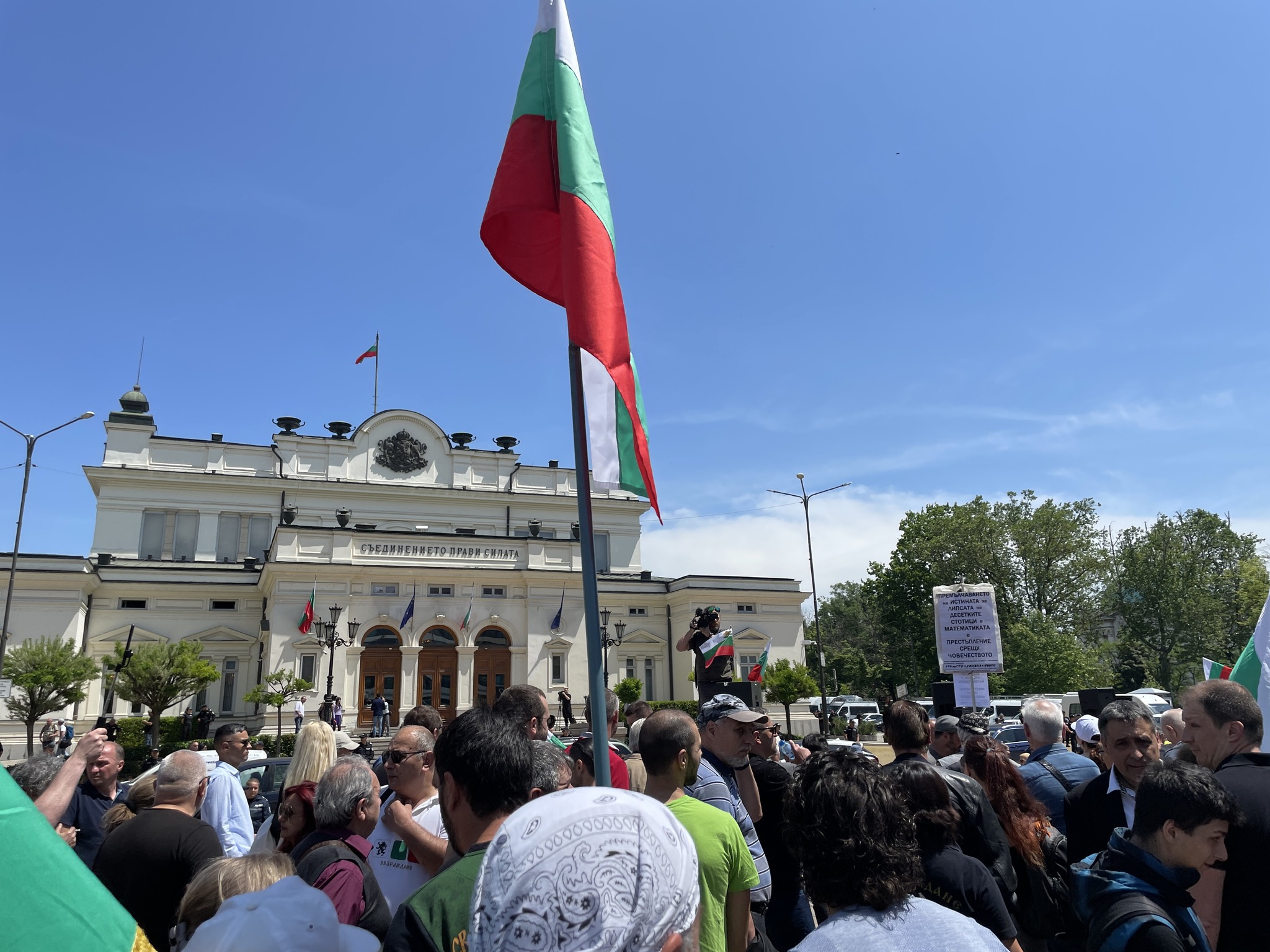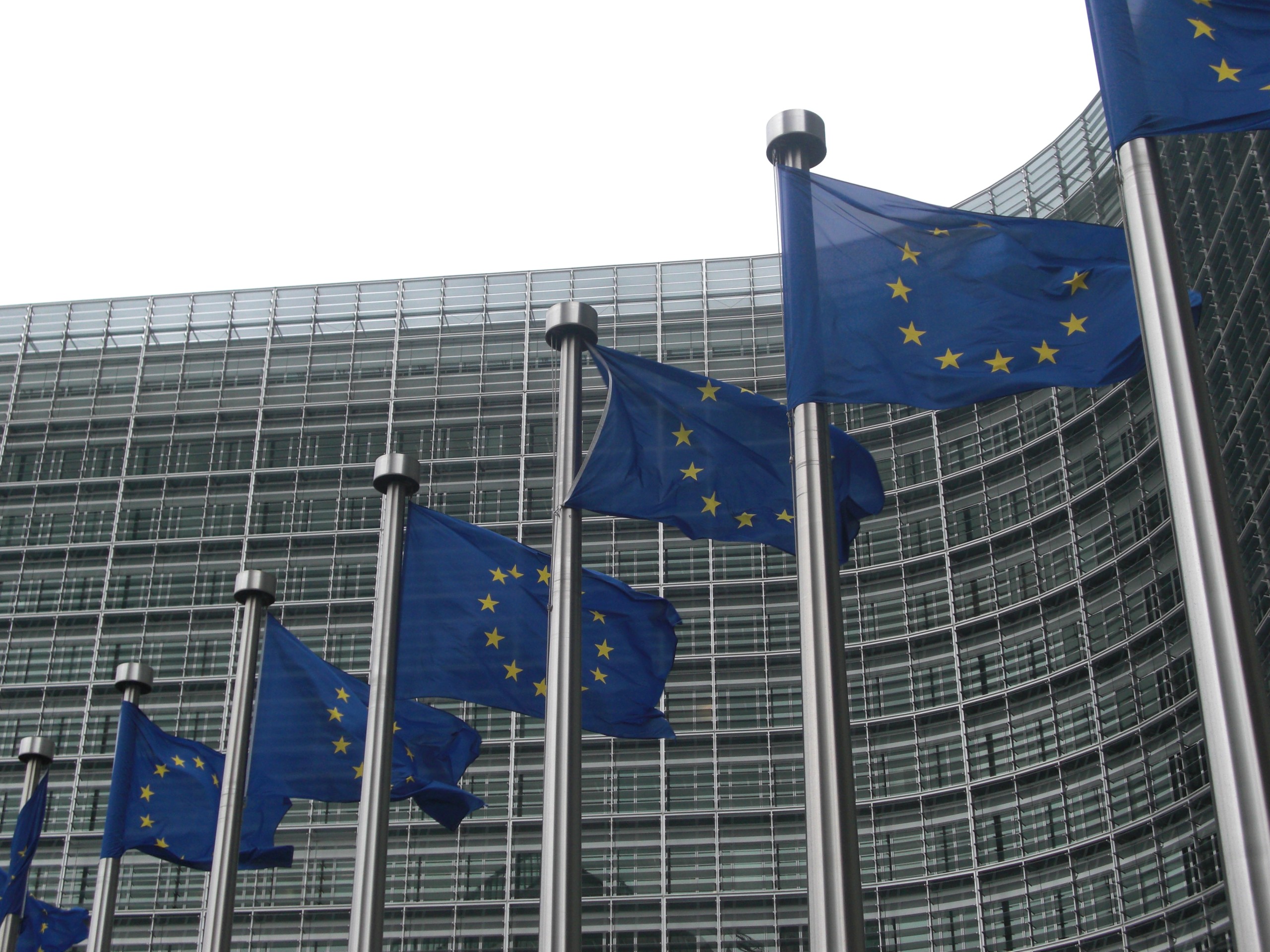European officials are preparing to admit Bulgaria and Romania into the Schengen Area this year, starting with air borders in October 2023, followed by the abolishment of border controls at land borders by January 1, 2024, according to some official sources cited by the media. As an alternative measure, the possibility of establishing a Romanian-Bulgarian mini-Schengen has also been proposed. In an interview with the publication ‘Podul Prieteniei,’ Romanian professor and political expert Sergiu Mișcoiu pointed out that the idea has its merits, and a small Schengen would benefit transportation companies, Romanian tourists, and also demonstrate the ‘Europeanness’ of both countries.

Dutch Opposition
According to official sources in Sofia, cited by Euractiv, Bulgaria has serious chances, if it exerts diplomatic pressure and demonstrates the willingness to continue reforms, to obtain Schengen accession as early as October this year, with air borders, and the prospect of full-fledged membership with land borders by January 2024. Until a month ago, the biggest obstacle to Bulgaria’s entry into Schengen was the opposition from the Netherlands. Mark Rutte’s government has informally signaled that it appreciates the efforts of the Bulgarian Parliament and the last four governments to initiate a genuine judicial reform by introducing an independent mechanism to investigate the chief prosecutor, which was adopted at the end of May. Former Bulgarian Chief Prosecutor Ivan Geshev, who did not have a particularly good reputation in Brussels, became the first victim of the new legislation after being dismissed from office last week. A continuation of the cleaning of the judicial system is expected. The second major reason for removing obstacles to Bulgaria’s entry into the Schengen is the election of a government in Sofia after a prolonged political crisis during which President Rumen Radev appointed an interim government. The government is composed of ministers from the We Continue the Change-Democratic Bulgaria coalition, supported by GERB, represented by Deputy Prime Minister Mariya Gabriel. Among other things, the new government has declared its intention to review Radev’s policy towards Ukraine and has decided that the country will be represented at the future NATO summit by Prime Minister Nikolai Denkov, rather than the president. According to sources, the country’s European partners hope that common major objectives, including Schengen and the Eurozone accession, will keep the coalition united. In July, the European Commission will publish a report within the Cooperation and Verification Mechanism, at the insistence of the Netherlands. The report is expected to be generally positive, acknowledging the political will to continue reforms.
Vienna Wants Fences
Austria’s objections to the Schengen expansion amid the refugee crisis have not diminished, but Vienna is expected not to use its veto right if isolated. Last December, Austria and the Netherlands blocked Bulgaria’s accession to Schengen. Regarding Romania, only Austria opposed. Romania’s new Prime Minister, Marcel Ciolacu, announced earlier this week in an interview with EURACTIV that he has asked his ministers for a plan to persuade Austria to lift its veto on Romania’s Schengen membership. The next major goal of Bulgarian institutions is the country’s accession to the Eurozone by January 1, 2025. While the Netherlands demands that Bulgarian authorities demonstrate their fight against corruption and their commitment to judicial reform, Austria’s requirements seem much harder to implement. Austrian Chancellor Karl Nehammer has tried hard to secure European funds for the construction of a fence along the Bulgaria-Turkey border, a proposal rejected by the European Commission. Earlier this month, the EU Executive granted new financial assistance to Romania and Bulgaria for the implementation of already launched pilot projects for border management. The aid for Bulgaria amounts to 45 million euros, and for Romania – 10.8 million euros. Furthermore, the European Commission welcomes the progress made in the last three months by both countries in respecting asylum policies and the return of illegal immigrants, border management, and international cooperation – progress that should alleviate Austria’s concerns that Sofia and Bucharest are not doing enough for the registration of illegal migrants.

Alternative Strategy Bulgarian
MEP Andrey Novakov has called on Bulgaria and Romania to remove barriers at their common border crossings in protest if their accession to the Schengen area continues to be denied, according to reports from BTA, as cited by media in Bucharest. “My proposal is that, in the event that we do not enter Schengen, we should bilaterally address border controls between Bulgaria and Romania and remove barriers (between the two countries) without violating European legislation. This is possible and should be done, including as a protest,” Novakov said at a forum on transportation, digitalization, smart cities, and food security held in Sofia on Thursday. The event is organized by dir.bg and 3E News, with the BTA news agency as a media partner. Andrey Novakov emphasized that there are not many bridges across the Danube between Bulgaria and Romania because Romania’s strategy is to develop its infrastructure westward towards Hungary, not south towards Bulgaria. On the other hand, Bulgaria’s major Danube cities are smaller than their Romanian counterparts, and there is a lack of interest in connecting them, according to Novakov. According to the MEP, there is funding available for building bridges over the Danube, but there is no willingness to construct them. Bulgaria should convince Romania that they have an EU member country to their south, and such infrastructure would be in its interest. Regional Initiative In turn, local councilors from Giurgiu and Ruse recently signed a joint declaration and letter during a joint Romanian-Bulgarian meeting regarding the importance of Schengen accession, which will be transmitted to the prime ministers and foreign affairs ministers of the two countries. “Sixteen years after simultaneous EU accession, after more than two decades of cooperation that has generated the development and modernization of our two communities, today we find ourselves, together, in a symbiosis that characterizes us, on a common path to the Schengen Area, a priority road with a series of not-to-be-missed opportunities for the Euroregion. Today, we address a letter to the two governments because the Schengen label would bring new opportunities to Romania and Bulgaria, and because citizens have the right to good governance! As we commit in the joint declaration, together we must become a common voice that says the two countries need and deserve to join the Schengen Area!” said Adrian Anghelescu, Mayor of Giurgiu Municipality.
“Our connectivity is not decided by presidents, prime ministers, or EU leaders. Our connection comes quite naturally from individual to individual, from friendship, our daily contacts, and our work together. For years, Ruse and Giurgiu have continuously demonstrated how barriers can be removed through dialogue and partnership. Among us, as citizens on both sides of the border, such a strong connection has been formed that politicians and administrators now have to go through a series of steps to transform it into documents,” said Pencho Milkov, Mayor of Ruse Municipality, from the tribune of the ‘Nicolae Balanescu’ Athenaeum. Lili Gancheva, Executive Director of the Danubius Euroregion Association, also said that the formula for the success of this initiative lies in trust, acceptance, and continuity. “As stated in the Joint Declaration we support, I believe the key to success is to be together because that’s how we can form a common voice to be heard! We deserve and should be in the Schengen Area!” she said. In the joint letter signed by all municipal councilors from Giurgiu and Ruse and to be submitted to the Prime Minister of Romania, Marcel Ciolacu, and the Prime Minister of the Republic of Bulgaria, Nikolai Denkov, as well as the foreign affairs ministers of the two countries, it is emphasized that accession to the Schengen area is “essential for the change it will bring to the region”

Political Reform
In a move aimed at facilitating accession to the Schengen area, Bulgaria’s Supreme Judicial Council has voted to dismiss the controversial Chief Prosecutor Ivan Geshev, considered by many Bulgarians to be a staunch defender of the country’s mafia leaders and a key obstacle to the establishment of the rule of law, reports POLITICO. The Supreme Judicial Council, which is the highest judicial authority in Bulgaria, declared that it voted 16 to 4 in favor of his dismissal. The decision for his removal is now forwarded to President Rumen Radev, who must approve it but has no deadline to do so. Prior to the Supreme Judicial Council’s decision, Geshev had appeared on national television and refused to resign, attacking his parliamentary rivals whom he called “political garbage.” Geshev faced pressure to resign following allegations that an explosion near his vehicle in early May, described as an “assassination attempt,” was, in fact, staged. Bulgaria’s new government, which took office earlier this month, has promised to set the country on a path towards EU democratic norms. For many years, Bulgaria has been considered a “captured state” where oligarchs and their political patrons effectively operated with impunity, in collusion with organized crime groups. Geshev’s role, nicknamed “The Cap,” is particularly sensitive. During the massive anti-mafia protests in 2020, he was identified as a central figure in the judicial system ensuring that no major leaders were ever brought to justice. He had openly clashed with former allies, including former Prime Minister Boyko Borissov. Faced with his imminent departure, Geshev accused his enemies of trying to assassinate him and began revealing a series of hidden investigations, including a money laundering case involving Borissov and the purchase of an expensive property in Barcelona. President Radev, who comes from the ranks of the socialists, has limited powers to oppose decisions of the Supreme Judicial Council but could delay Geshev’s departure to allow him to cause problems for the new government. Radev takes a softer stance toward Russia and is hostile to the reformist new government led by Prime Minister Nikolai Denkov, which has committed to a more pro-NATO and pro-Ukraine stance.
Serious Issues
Bulgaria’s unicameral parliament had previously validated a pro-European government following a difficult compromise between the top two parliamentary parties, after more than two years of instability and five rounds of elections in this economically struggling Balkan country. The new Cabinet—comprised mainly of experts, led by researcher Nikolai Denkov—easily gained approval in Parliament, where it holds 132 out of 240 seats. Sixty-year-old Nikolai Denkov, a former Education Minister, designated by the reformist liberal coalition CC/BD, is set to govern for the next nine months. He is to be supported by former European Commissioner Maria Gabriel, nominated by the GERB (conservative) party of Boiko Borisov. Forty-four-year-old Maria Gabriel is expected to hold the Foreign Affairs portfolio and take over as head of the government in March 2024. The two political forces, which stood side by side in the legislative elections on April 2, announced on May 22 an agreement to end an unprecedented political impasse since the fall of communism in 1989. Negotiations nearly collapsed due to the release of recordings revealing strong enmity between the two sides. However, former rival Prime Ministers Boiko Borisov (GERB) and Kiril Petkov (CC) decided to put their differences aside due to the catastrophic situation of this EU and NATO member country. They share a pro-European stance against the Russian invasion of Ukraine, in this historically Russia-friendly, divided country.”

The Radev Enigma
The policies of the two sides are expected to diverge from the policies of the interim governments—which refused to provide direct military assistance to Kyiv—under the auspices of the Russophile President Rumen Radev. The Bulgarian head of state denounced this coalition in Parliament and urged them not to “betray the national interests” of Bulgaria. Among the priorities of the new Bulgarian government is the adoption of the budget, which has been postponed due to political disputes. Asen Vasilev, a Harvard-educated individual, has been appointed Minister of Finance and European Funds. The new government aims to reform the judiciary to improve the fight against corruption and has set the goal of joining the euro area and the Schengen Area “as quickly as possible.” Romanian Initiative MEP Nicu Ștefănuță recently stated that he received a response from the European Commission regarding an inquiry about Romania’s accession to the Schengen Area, in which they pledged to do everything in their power to ensure that, during 2023, the Council would adopt measures so that Romania and Bulgaria could join Schengen. “In response to an inquiry made by the Sibiu MEP Nicu Ștefănuță (Greens/EFA) regarding Schengen accession, the priority and the continuation of efforts to reduce waiting times at borders for Romanian citizens have been reconfirmed. On March 22, 2023, Nicu Ștefănuță sent a query to the Commission presenting a study that highlights the negative environmental impact caused by Romania’s non-membership in the Schengen Area. This study not only demonstrated financial losses in the billions of euros annually but also showed that vehicles, due to waiting times at the border, emit a significant amount of carbon dioxide. Specifically, it is estimated that 46,000 tons of carbon dioxide are emitted annually by vehicles waiting at the border controls simply because Romania and Bulgaria are not yet part of the Schengen Area,” the MEP said in an official statement. “The fact that we are not in Schengen costs us not only billions of euros annually but also our health and the health of our children because we are exposed to thousands of tons of carbon dioxide, just because we unnecessarily wait in customs queues! When will the humiliation end? When will we be treated like other Europeans?” said MEP Nicu Ștefănuță. Ultimately, the Commission responded with an official letter, stating the following words: “Expanding the Schengen area remains a political priority for the Commission, and in close collaboration with the Council Presidency and the European Parliament, we commit to doing everything in our power to ensure that, during the year 2023, the Council adopts the necessary measures as soon as possible so that Romania and Bulgaria can join the Schengen Area.


0 Comments